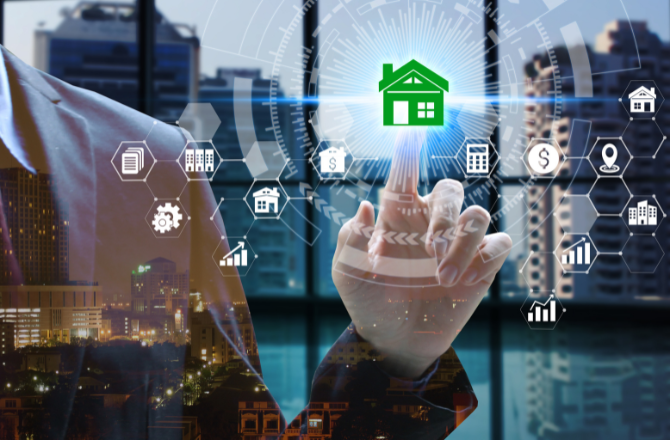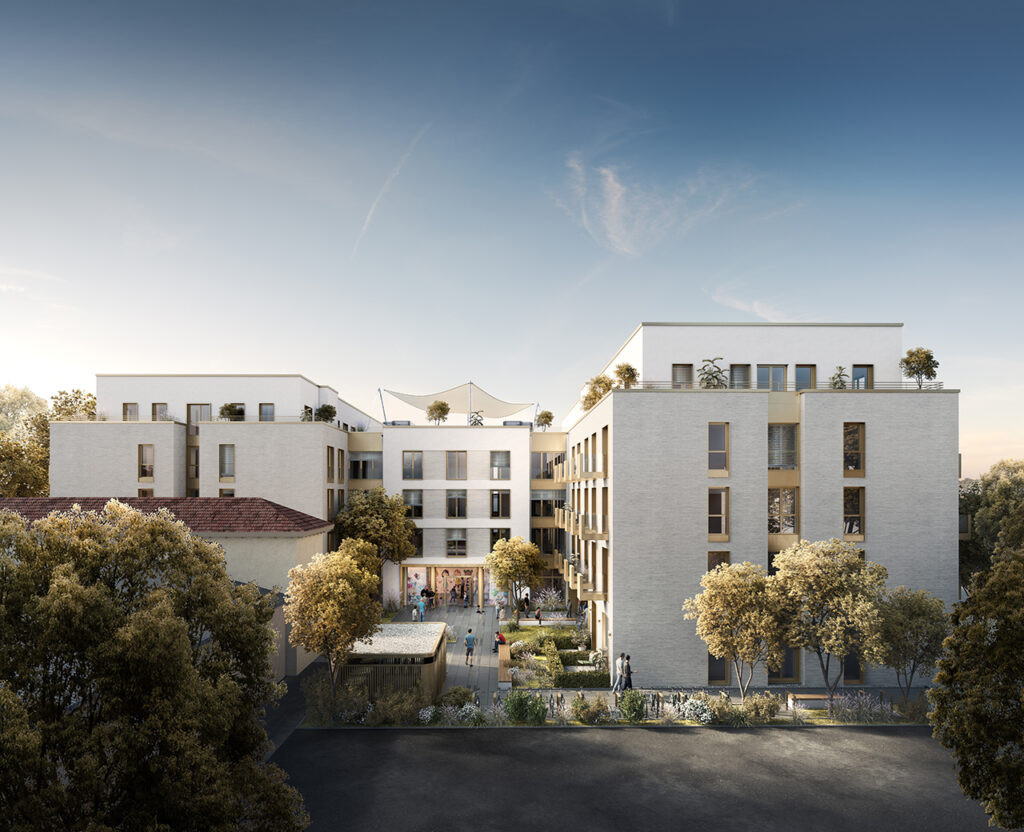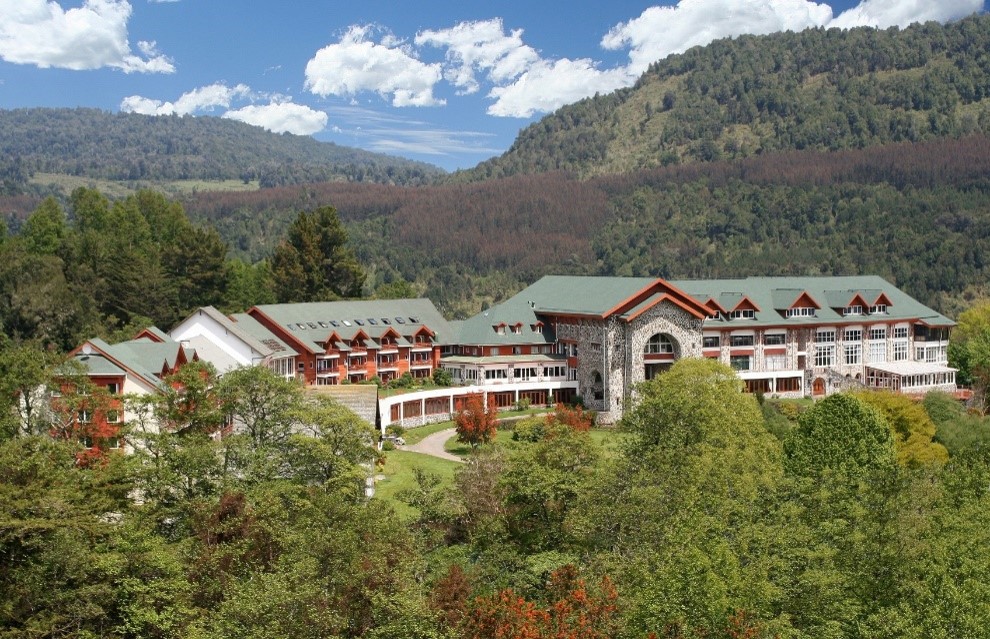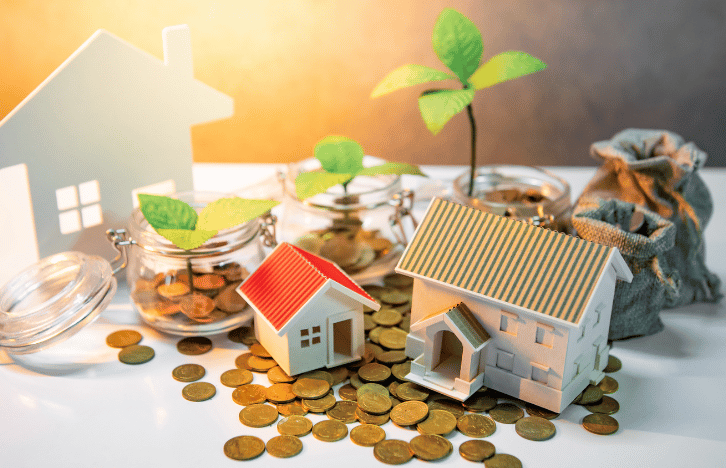Progress and challenges: An overview
The use of renewable energies in the building sector is a key element in the fight against climate change and in achieving climate neutrality in Germany. As part of this ambitious project, the German government has set clear targets to significantly reduce greenhouse gas emissions in all sectors. For the building sector, this means a reduction to a maximum of 66 million tonnes of CO22-Äquivalente pro Jahr.
In 2023, the building sector emitted around 102 million tonnes of CO22-equivalents, exceeding the annual emissions target by around 1.2 million tonnes. Despite a 7.5% decrease in emissions compared to the previous year, this segment remains 65% away from the target for 2030.
In order to achieve these ambitious targets, the building sector has several levers at its disposal. In addition to improvements to the building envelope, user behaviour and system technology, the use of renewable energies is crucial. According to a study by Techem and the Handelsblatt Research Institute, the use of renewable energies can reduce CO22-Einsparung von bis zu 47 % erzielt werden.
Renewable energies in the building sector: electricity and heat
The use of renewable energies in the electricity sector has made a significant contribution to the energy transition in recent years. Over 50 % of gross electricity consumption in Germany is already covered by renewable energies, and this figure is set to rise to at least 80 % by 2030. Photovoltaic (PV) systems are a particularly important component of this. Not only are they one of the most cost-effective forms of electricity generation - solar energy is free - but with a 22% share of renewable electricity, they also make a significant contribution to achieving the target.
Photovoltaics: a growing trend
The installation of photovoltaic systems on building roofs and façades has risen sharply in recent years. At the beginning of 2024, around 3.7 million solar systems were installed in Germany, with almost 480,000 new systems being commissioned in the first half of 2023 alone. This trend is set to accelerate further, as it will be mandatory to install solar systems on new buildings and roof renovations from 2024.
Location and subsidy specifics
The suitability of PV systems varies depending on the roof pitch, direction, hours of sunshine and shading. According to the German Aerospace Centre (DLR), North Rhine-Westphalia, Baden-Württemberg and Bavaria in particular have high solar energy potential. In cities such as Hamburg, Berlin, Munich and Cologne, the possibility of utilising solar energy stands out in particular.
Legal framework conditions and subsidies support this change. For example, there are financial incentives and subsidies for the installation of solar energy systems. Funding programmes such as the "Renewable Energy Sources Act (EEG)" offer attractive feed-in tariffs that further increase the profitability of PV systems.
Sustainability: a decisive factor for property investors
Investing in sustainable and green property is not only a contribution to climate protection, but also economically attractive. Sustainable buildings are more energy efficient, often have lower operating costs and rising energy prices have less of an impact. They also increase the attractiveness and value of properties, as tenants and buyers increasingly value environmentally friendly living and working spaces.
Practical examples
One example of the successful integration of photovoltaics in property projects is the office building "The Grid" in Utrecht, where a solar system was installed on the roof that contributes significantly to the building's electricity and reduces external energy requirements.



Conclusion
The property sector has a key role to play in the transition to a climate-friendly future. The use of green electricity from renewable energies, particularly photovoltaics, in combination with measures to improve energy efficiency is not only good for the environment, but also makes economic sense. Legal requirements and subsidies support this change and offer investors attractive framework conditions.
By investing in sustainable and green properties, we are not only helping to reduce greenhouse gas emissions, but are also strategically positioning ourselves for the future. The construction and property sector has the potential to play a pioneering role in the fight against global warming and realise economic benefits at the same time. Now is the time to take action and invest in green solutions.
Kind Regards
Matthias Holzmann


